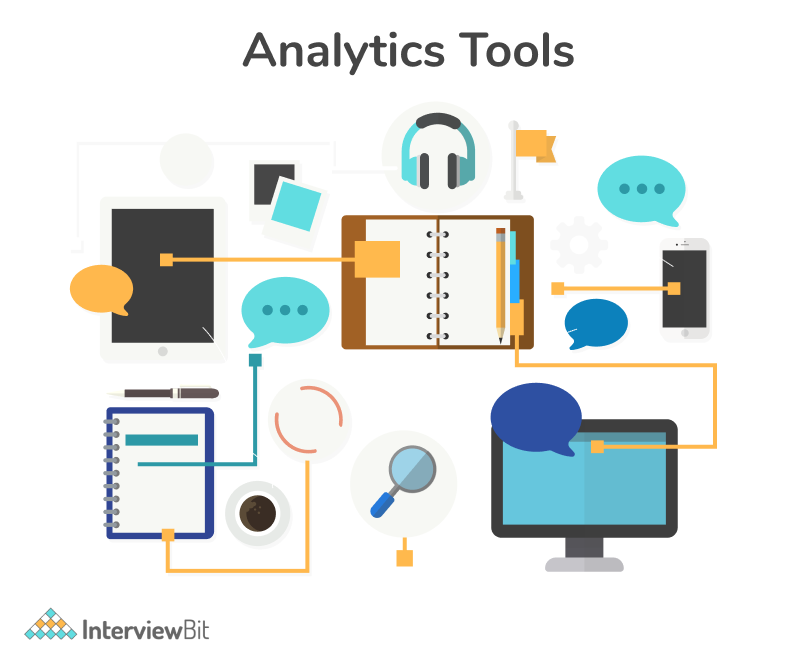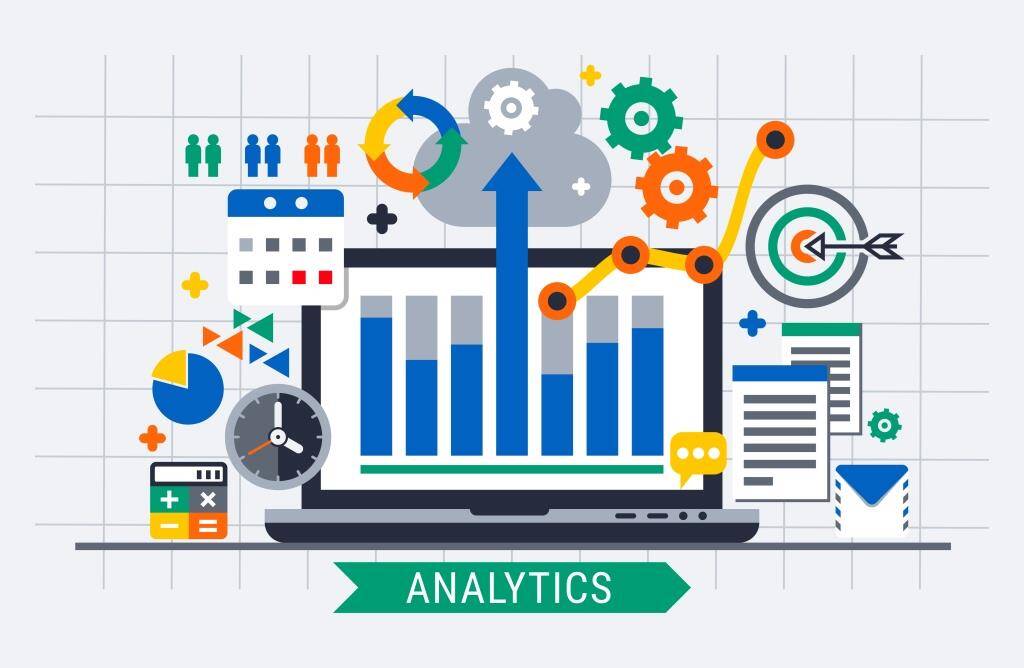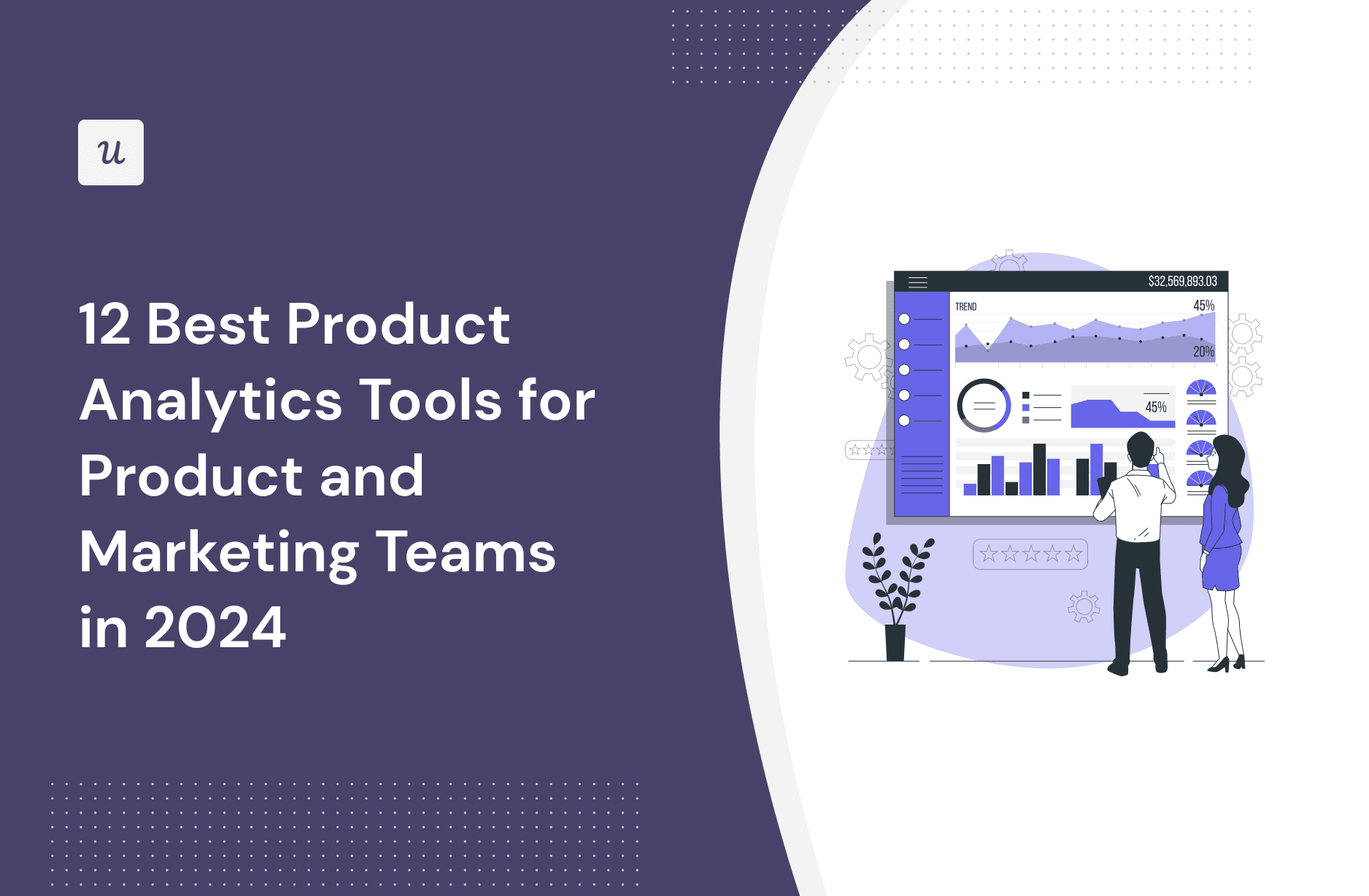Optimize Efficiency Utilizing Real-Time Analytics Operatings Systems
Optimize Efficiency Utilizing Real-Time Analytics Operatings Systems
Blog Article
Make Best Use Of Growth: Just How Analytics Drive Better Strategies
In today's data-driven landscape, companies progressively acknowledge the essential function of analytics fit reliable development techniques. By harnessing information understandings, businesses can refine their operational strategies, expect market modifications, and improve client involvement. However, the challenge exists not only in accumulating information but in efficiently interpreting it to drive substantial outcomes. As we discover the crucial advantages and methods related to analytics, a crucial concern arises: just how can organizations ensure they are leveraging these insights to unlock their full potential? The answer may redefine the future of critical planning.
Understanding Information Analytics
Information analytics is a methodical computational evaluation of information that enables companies to reveal meaningful patterns and insights. This procedure encompasses a variety of techniques, consisting of analytical analysis, anticipating modeling, and information mining, which collectively aim to change raw information into workable information - Analytics. By employing these methods, companies can make educated decisions that are rooted in empirical evidence instead than intuition alone
The structure of data analytics depends on its capability to manage huge amounts of details from diverse resources. This includes organized data, such as data sources, and unstructured data, including social networks interactions and customer feedback. Via making use of specialized software application and tools, experts can extract and refine this data effectively, determining fads and correlations that may not be immediately evident.
Recognizing data analytics likewise involves acknowledging the importance of information quality and honesty. Precise and reliable data is important for purposeful evaluation; hence, companies should implement robust information administration practices. The iterative nature of analytics allows for continuous improvement and enhancement of techniques, guaranteeing that organizations remain dexterous in the face of changing market characteristics and customer actions.
Trick Benefits of Analytics

One of the vital advantages of analytics is its capability to give workable insights. Organizations can rapidly analyze vast amounts of data, discovering patterns that might not be promptly obvious.
Another considerable benefit is enhanced customer understanding. Analytics devices enable companies to section their audience, track consumer habits, and customize advertising and marketing initiatives. This targeted strategy not just boosts customer interaction but also drives higher conversion prices.

Implementing Analytics Methods
To totally understand the advantages of analytics, companies need to take on organized techniques for execution. This begins with plainly defining goals that line up with broader business objectives. By establishing specific, measurable results, companies can concentrate their analytics initiatives on areas that yield the highest possible return on financial investment.
Next, organizations should prioritize data administration to guarantee the integrity and safety of the data being evaluated. This includes establishing methods for data collection, storage space, and gain access to while sticking to pertinent find more information laws. Making sure high-quality information is critical for creating significant understandings.
Additionally, cultivating a society of data-driven decision-making is crucial. This calls for training staff members to translate analytics findings and motivating partnership throughout departments. They are much more most likely to incorporate insights into their day-to-day operations. when teams comprehend the worth of analytics.
Lastly, organizations should consistently review and fine-tune their analytics methods. The landscape of data and innovation is constantly advancing, and remaining adaptable will certainly permit organizations to leverage brand-new devices and techniques efficiently. By executing these structured strategies, organizations can make the most of the impact of their analytics initiatives and drive sustainable growth.
Tools for Reliable Evaluation
Efficient analysis depends on a variety of devices that assist in the extraction of understandings from information - Analytics. These devices can range from straightforward spread sheet applications to advanced equipment learning systems, each offering a distinct purpose in the Visit Your URL analytical process
Information visualization software program, such as Tableau and Power BI, plays an essential function in changing complex datasets right into reasonable graphical depictions. These devices make it possible for analysts to recognize patterns and trends rapidly, allowing for even more educated decision-making.
Analytical evaluation software program, like R and SAS, offers advanced abilities for conducting thorough evaluations, consisting of regression, hypothesis screening, and predictive modeling - Analytics. These functions encourage organizations to draw purposeful final thoughts from their data, identifying prospective chances and dangers
Moreover, database management systems more information such as SQL and NoSQL data sources supply the needed infrastructure for keeping and inquiring big quantities of data successfully. They guarantee that data is arranged and available for evaluation.
Last but not least, business intelligence systems incorporate numerous information resources, offering an extensive view of business efficiency. By utilizing these tools properly, companies can boost their logical capacities, allowing them to develop strategies that maximize growth and improve overall performance.
Study of Success
Effective organizations typically take advantage of data analytics to drive impactful strategies, as shown by a number of significant case researches. By using these insights, Netflix has effectively tailored its content recommendations, resulting in raised user engagement and customer retention.

Furthermore, Starbucks utilizes data analytics to determine optimal store locations and refine its item offerings. By checking out client demographics and purchasing patterns, Starbucks efficiently identifies high-potential markets and tailors its food selection to regional preferences, driving sales and customer loyalty.
These study show that efficient use of information analytics can cause calculated advantages, fostering development and growth within companies throughout various industries.
Final Thought
To conclude, the combination of analytics right into organizational strategies dramatically boosts decision-making procedures and fosters lasting growth. By leveraging data-driven understandings, services can identify trends, prepare for market shifts, and maximize operations. The reliable application of analytics tools further supports agility and advancement, enabling organizations to browse affordable landscapes with greater accuracy. Inevitably, a dedication to analytics not only drives instant performance enhancements however likewise safeguards long-lasting success in an ever-evolving market.
Information analytics is a methodical computational evaluation of data that allows companies to reveal purposeful patterns and understandings.Understanding data analytics additionally entails recognizing the significance of data high quality and honesty. Accurate and dependable data is important for purposeful evaluation; hence, companies should implement robust information administration methods.Following, organizations ought to focus on information administration to make certain the honesty and safety and security of the information being analyzed.Effective organizations often utilize data analytics to drive impactful methods, as evidenced by numerous notable case studies.
Report this page